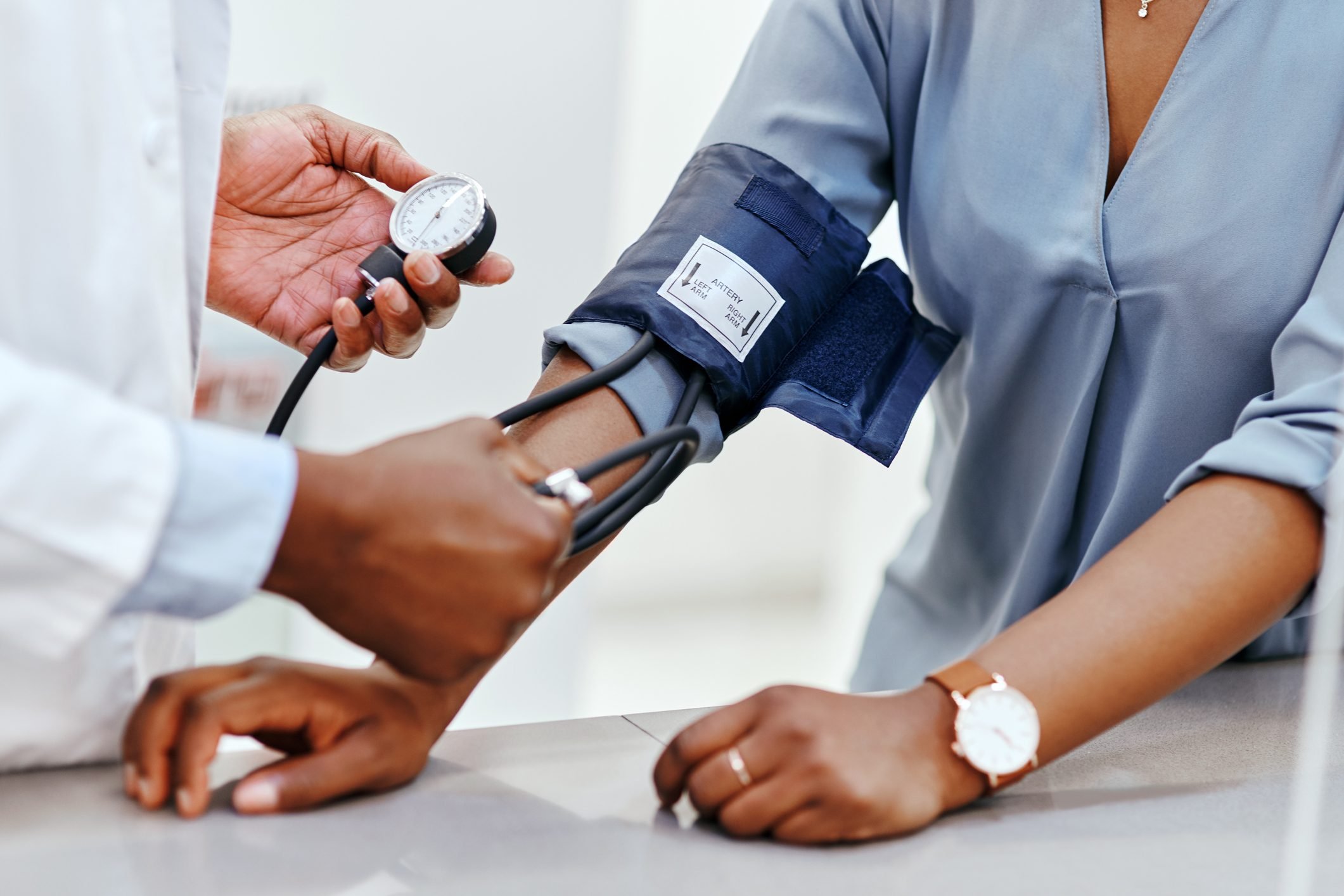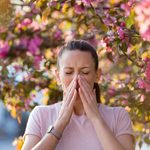Do High Blood Pressure Drugs Increase Your Coronavirus Risk?
Heart experts discuss whether certain drugs for high blood pressure and other cardiovascular diseases increase the risk of COVID-19.

The recent controversy about whether or not ibuprofen might make COVID-19 symptoms worse, or increase the risk of coronavirus infection, has also sparked a lesser-known debate.
This one is about whether blood pressure drugs known as angiotensin-converting enzyme (ACE) inhibitors and angiotensin II type-I receptor blockers (ARBs) increase the risk for COVID-19.
These are popular drugs, and people take them not only for high blood pressure but for heart attacks, heart failure, and diabetes (which increases the risk for heart disease). There are many different ACE inhibitors available, and they include drugs like ramipril (Altace), enalapril (Vasotec), and captopril (Capoten). There are also many types of ARBs, and they include drugs like losartan (Cozaar) and olmesartan (Benicar).
For now, the message to people who are taking either type of these potentially life-saving medications is to continue to take them. “If you are taking one of these medications because you have an indication, you should continue,” says Oscar Cingolani, MD, director of the hypertension program and associate professor of medicine at Johns Hopkins Medicine in Baltimore.
If you’re planning to start on one of these medications, talk to your doctor, adds Dr. Cingolani. The American College of Cardiology (ACC) and American Heart Association (AHA) are reviewing the information on a daily basis, he says.
The origins of the controversy
The debate stems partly from a March 2020 correspondence in The Lancet which suggests that people on ACE inhibitors and ARBs, may have a higher risk of COVID-19 infection or of severe illness or even death.
“Much of the concern is based on The Lancet piece as well as theoretical data based on animal studies that suggest that high levels of the enzyme angiotension-converting enzyme 2 (ACE2), which the virus uses to penetrate and infect human cells, is higher if you take these drugs,” says Dr. Cingolani. But, he adds, “there are no experimental or clinical data demonstrating beneficial or adverse outcomes among people using ACE inhibitors, ARBs, or other medications with similar action.”
Don’t stop taking high blood pressure drugs
On March 17, in a joint statement, the ACC, AHA, and the Heart Failure Society of America urged patients on these medications not to change their regimen, unless instructed by a doctor. If anyone with cardiovascular disease is diagnosed with COVID-19, then doctors need to make decisions based on the patient’s individual factors, according to the statement.
“There are no experimental or clinical data demonstrating beneficial or adverse outcomes among COVID-19 patients using ACE-I or ARB medications,” says Richard J. Kovacs, MD, president of the American College of Cardiology, in a prepared statement. “These recommendations will be adjusted as needed to correspond with the latest research.”
If the pandemic indeed lasts for months or longer (which seems increasingly likely) and people interrupt their medication, “a lot of people are going to suffer from aggravated heart failure or stroke,” says Dr. Cingolani.
High blood pressure does increase COVID-19 risk
Whether or not they are taking ACE inhibitors or ARBs, people with underlying conditions, including diabetes, hypertension, and coronary heart disease, are already at higher risk for becoming severely ill or dying from coronavirus. Furthermore, patients with cardiovascular disease are already susceptible to respiratory infections.
A report in the China Centers for Disease Control (CDC) Weekly found that the highest mortality rate was among people 80 and over (14.8%). The next highest rate (10.5 per cent) was among people with cardiovascular disease, followed by diabetes (7.3%), chronic respiratory disease (6.3 per cent), hypertension (six per cent) and cancer (5.6 per cent). Even absent a pandemic, these same patients are at a higher mortality risk, period. “The more risk factors that you have, the more you’re likely to do badly with any disease,” says Dr. Cingolani.
How to protect yourself against COVID-19
The best protection against COVID-19 infection, especially for people at high risk, is to limit contact with people who have symptoms and even people who don’t have symptoms, says the CDC. That’s because there is evidence that the virus can spread even if a person has no outward signs like a cough, fever, or shortness of breath. Beyond that, wash your hands frequently with soap and water. If that’s not available, use hand sanitizer.
Next, check out these other ways to prevent coronavirus.



